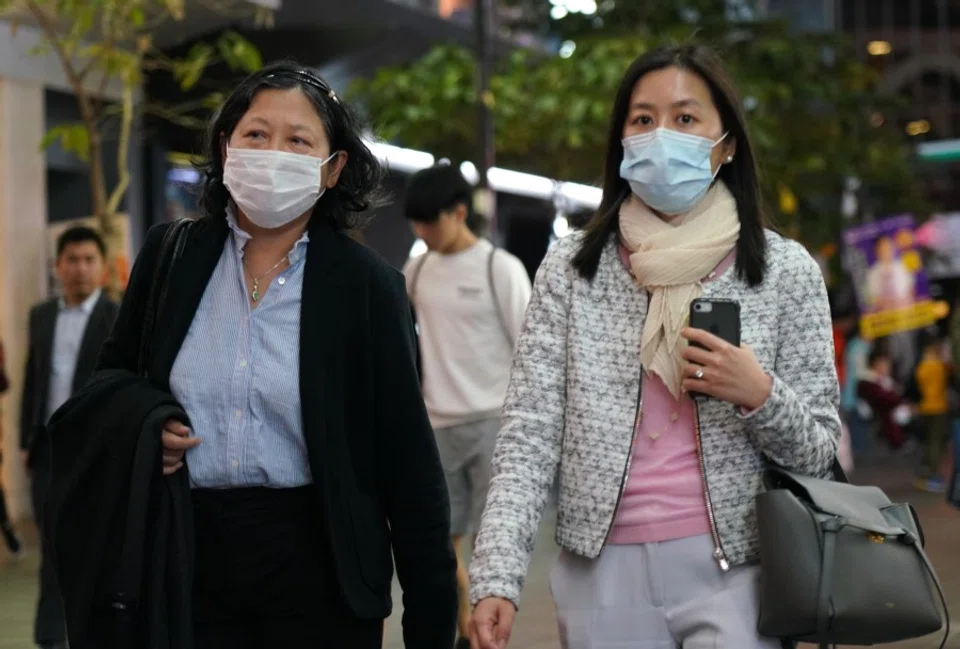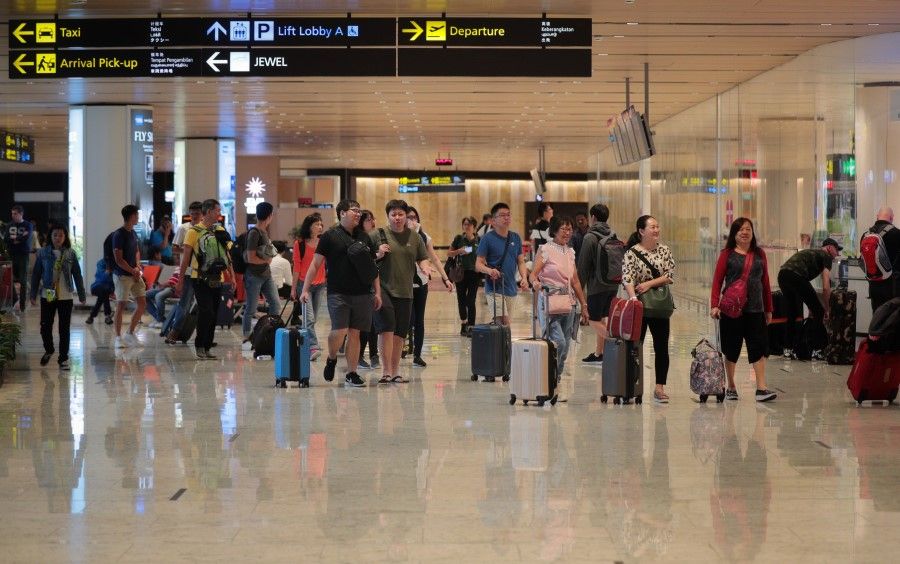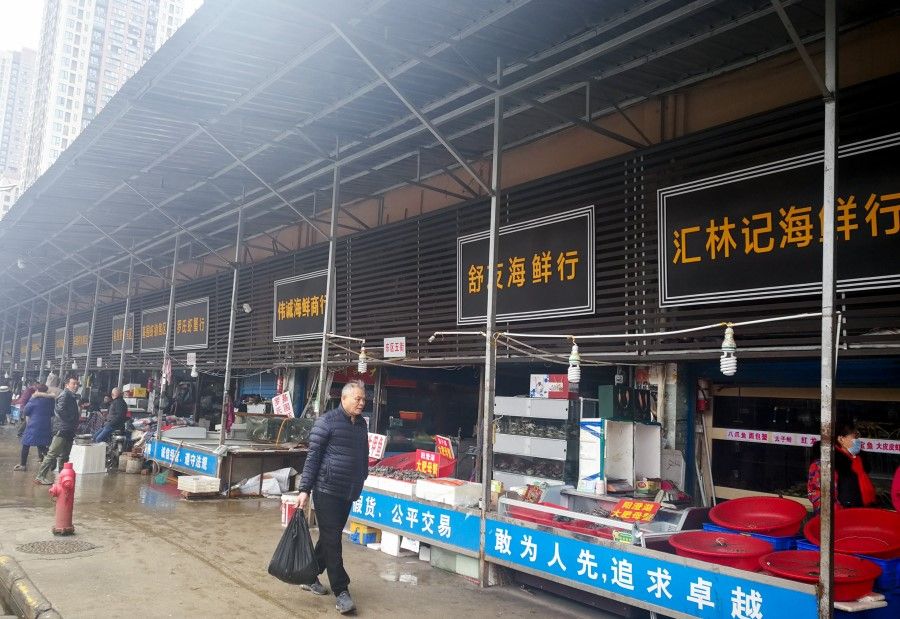China's mystery pneumonia

When the mystery pneumonia broke out in Wuhan, a friend in Singapore promptly advised me to be careful in a text message. Sensing my indifference, she told me that Singapore was on the alert, and that all visitors arriving at Changi Airport from Wuhan had to go through temperature screenings. She also sent news of Hong Kongers stocking up on masks and urged me to buy some in Singapore when I returned on break, to bring back to Beijing.
Last month, Wuhan began to see cases of an unidentified form of pneumonia, sparking online rumours that SARS was back. While the authorities have since ruled out SARS, the cause of the pneumonia remains unknown, and the number of cases is still rising.
In contrast to the anxiety elsewhere, mainland China has been low-key in its handling of the situation.
Hong Kong, which was also previously hit hard by SARS, is not letting its guard down against the mystery pneumonia. The Hong Kong government has raised the outbreak level to "serious", and yesterday added the Wuhan pneumonia to its list of statutory notifiable infectious diseases, giving authorities the power to quarantine patients.
In contrast to the anxiety elsewhere, mainland China has been low-key in its handling of the situation. Besides Wuhan quarantining suspected cases and closing the seafood market where the outbreak started, other cities in mainland China have not announced cases of the mystery pneumonia. And in terms of information dissemination, apart from irregular updates by the Wuhan Municipal Health Commission, the outbreak has not been given extensive coverage in the media. People in mainland China are calm; my friends on WeChat are hardly talking about it, and life goes on like nothing is happening.

How serious is the situation? Are the authorities hiding anything? Is everyone else overreacting, or is China too calm?
When news of the pneumonia broke, many would immediately recall SARS. In November 2002, SARS cases surfaced in Guangdong. And because there was a cover-up by the local authorities, the opportunity to tackle SARS early was lost, and the illness spread through the region and many other countries, making it a global epidemic.
China was heavily criticised over the SARS incident, suffering a severe setback early in the new millennium. Following that crisis, China stepped up on disease prevention and public health crisis handling. With experience, the authorities became significantly more alert to epidemics, so that when the H1N1 flu virus broke out in 2009, China implemented strict quarantines and was criticised for overreacting. There was even a diplomatic row, due to a forced quarantine of 70 Mexican citizens in China.
... it would not be easy to have a complete blackout of information and hide the truth about the epidemic.
Another positive change that SARS brought for China is that the authorities began to realise that in a public health crisis, the public's right to know and transparency of information is important in preventing communal panic and further worsening of the crisis. In view of this, the authorities set up a more comprehensive news distribution system, and moved ministries towards more timely and transparent release of information.
While there is still much room for improvement, with the painful lessons from SARS, it is highly unlikely that the authorities are repeating their mistakes and covering up the situation with the latest outbreak. Besides, Chinese New Year is approaching, with huge numbers of people moving around China - intentionally hiding information about an infectious disease will only spark a bigger crisis.
Compared to 2003, today it would not be easy to have a complete blackout of information and hide the truth about the epidemic. It is ordinary people who have been hit by the Wuhan pneumonia, and information could come from their families or healthcare staff. Once an epidemic breaks out, in this Internet age where information spreads rapidly through many channels, even if the authorities are tight-lipped or order an information blackout, there is no guarantee that it will be airtight.

In fact, in terms of response time, the authorities are responding to the mystery pneumonia very differently than they did during the SARS epidemic. After rumours broke on 30 December 2019 that the epidemic was suspected to be SARS, the Wuhan health commission released an emergency notice requiring all medical organisations to track and tabulate their treatment situation and submit prompt reports as required. The next day, the commission gave a public report on the epidemic, and released updates over the past few days through Weibo. The authorities also have not denied the possibility that the mystery epidemic might get worse. Li Gang, head of the Wuhan Center for Disease Control and Prevention, said that even as efforts begin, the number of cases will go up.
It is understandable that people are uneasy and highly cautious about the mystery pneumonia, and that they might doubt the information released by the authorities. After all, the SARS nightmare is still fresh in people's minds. And although the World Health Organisation released a report on 5 January saying that based on current information, travel and trade limitations on China are not recommended, and the Chinese authorities have ruled out a return of SARS, many questions remain. What is the cause of the mystery pneumonia? Can human-to-human transmission be eliminated? What is the risk of large-scale spread? It has been over a week since the pneumonia broke out, and people are still anxiously waiting for the truths behind these questions.
